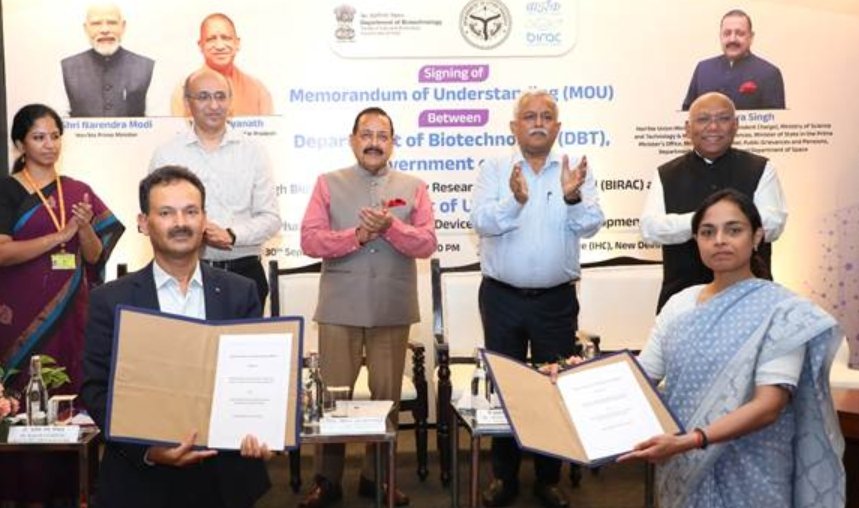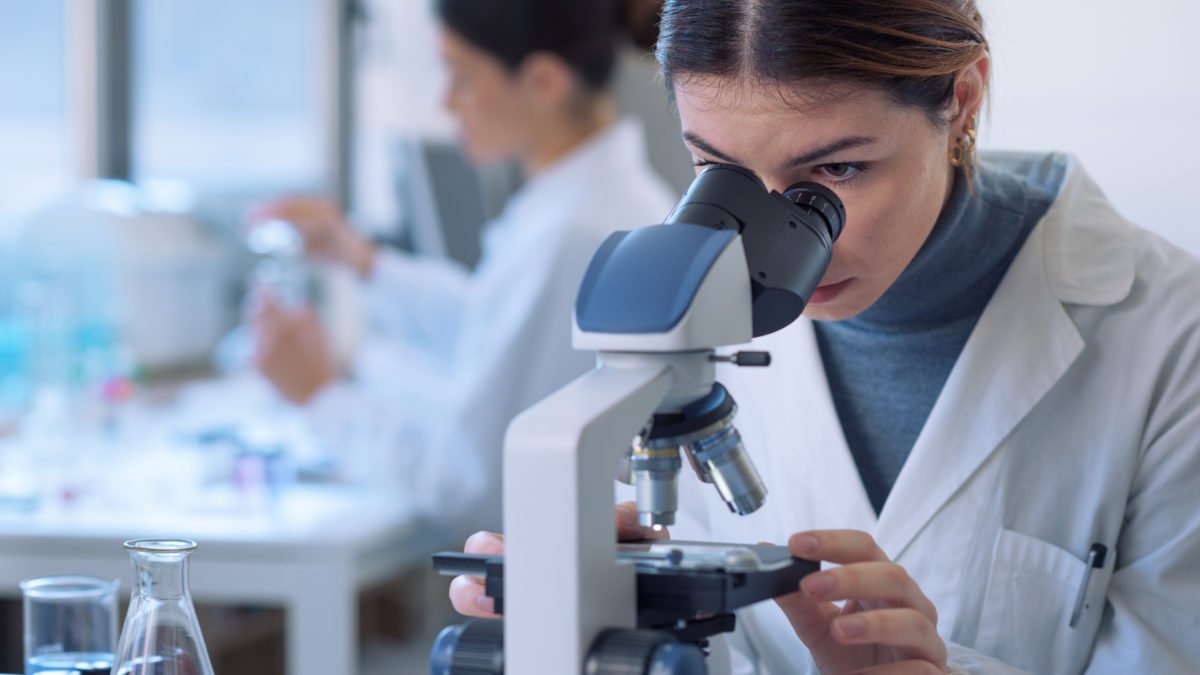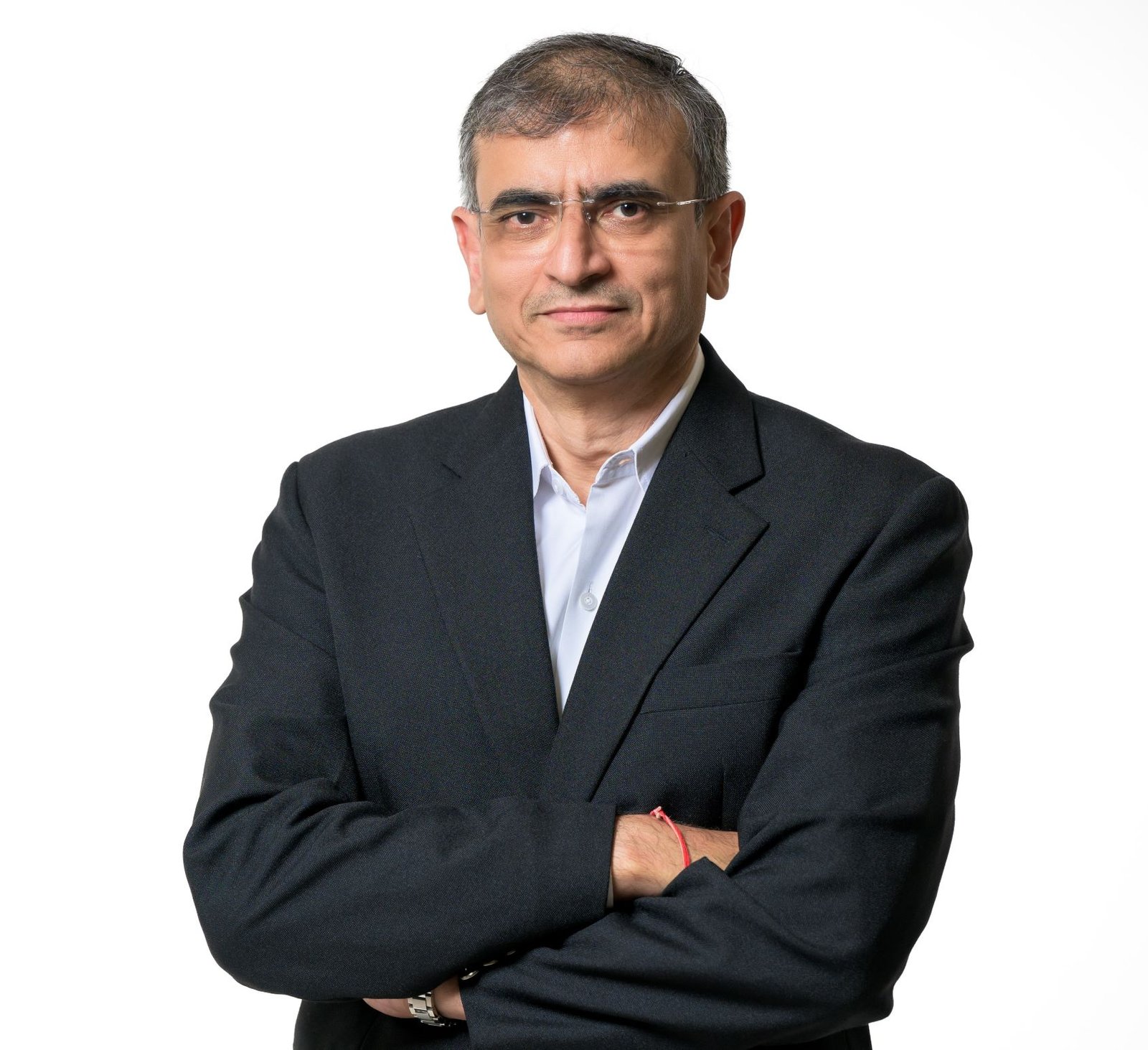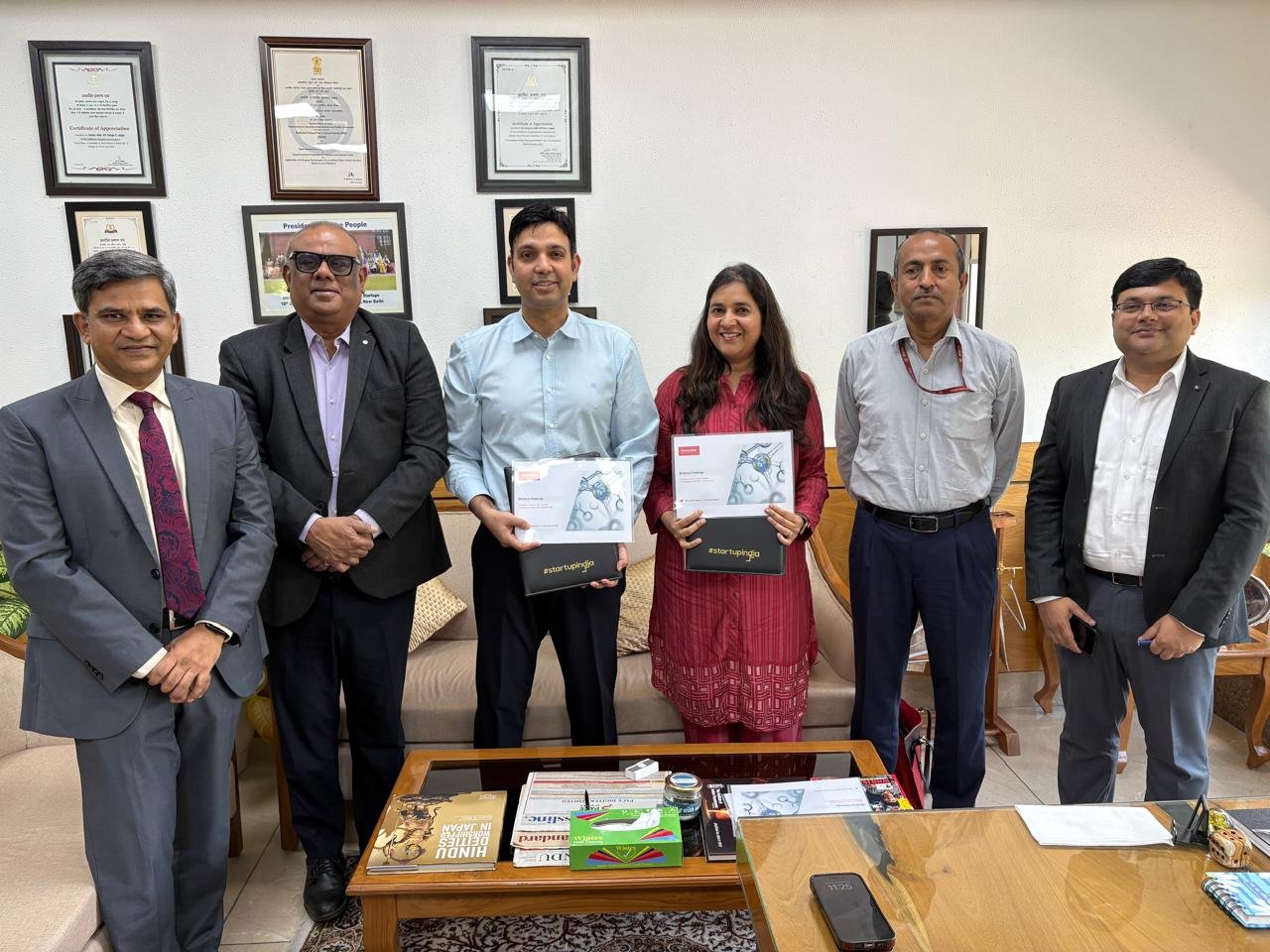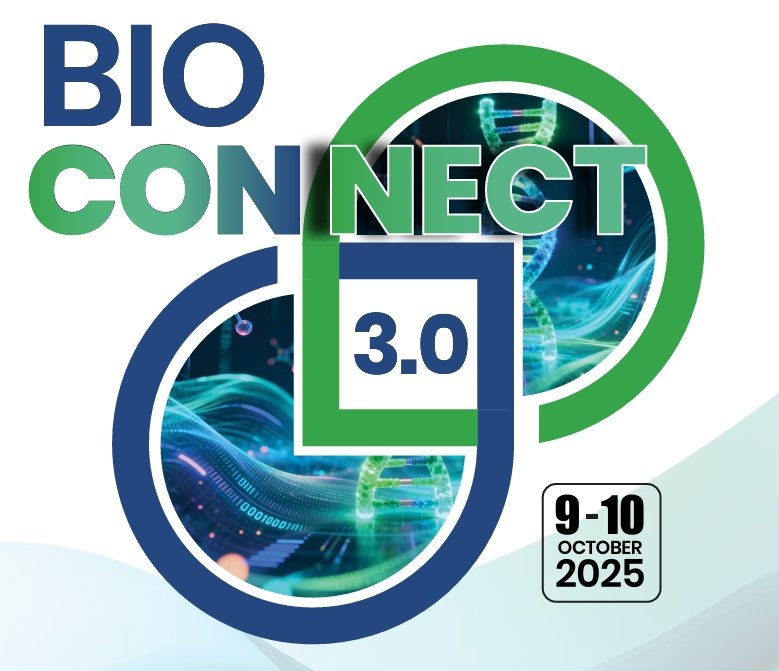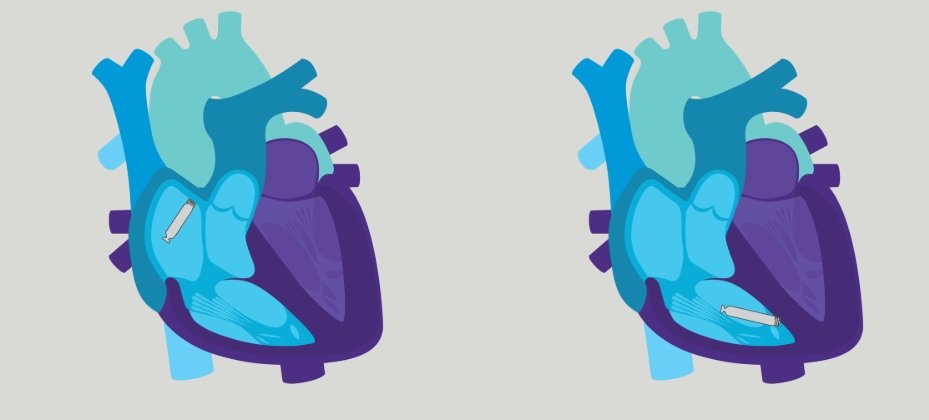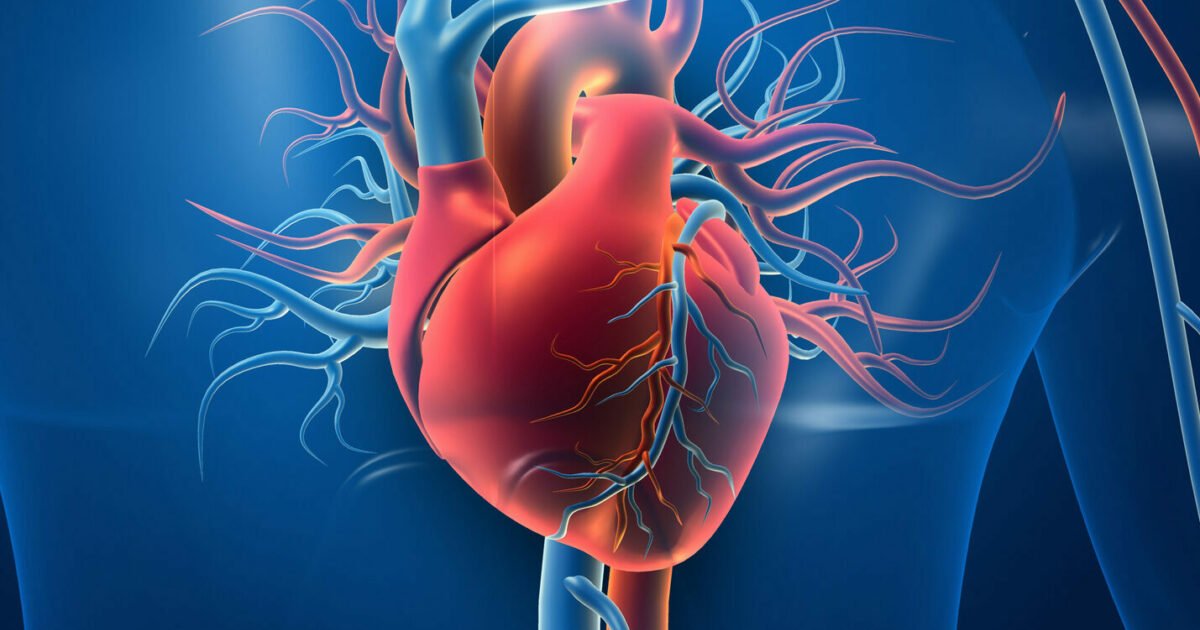Basel Area, Switzerland is the perfect location to do business in Europe
February 20, 2019 | Wednesday | Interviews
Interview with Paul Eschmann, Director Asia at BaselArea.swiss, the official economic promotion organization of the Basel Area. He speaks about the strong life sciences cluster in the Basel Area and how Indian companies can benefit from the unique ecosystem and the growth potential for their business in Europe.
Paul Eschmann -Director Asia ,BaselArea.swiss
What is the role of BaselArea.swiss and how do you support Indian companies?
Paul Eschmann: BaselArea.swiss is north-western Switzerland’s joint initiative for innovation and economic promotion. I am a part of the International Markets & Business Affairs team and our mandate is to support Indian companies that are interested in growing their business by expanding to Europe and advise them on the unique benefits that the Basel Area has to offer them. With our strong network and longstanding expertise, we advise companies during each stage of their expansion process, starting with:
- Evaluation & Preparation: We provide current data on market conditions, business environment, industry knowledge, taxes and legal issues customized to each project requirements.
- Location search & Site visit: We facilitate contacts to the right experts like our government authorities, industry and legal experts, and provide professional support during real estate search.
- Setting-up operations: We arrange meetings with local partners and institutions, thereby helping companies in building relationships to local authorities, experts and organizations.
- Settled-in: We help companies in growing their network through our events and technology experts as well as in facilitating connections with the cantons.
Since we are a government-funded body, we provide our services completely free of charge.
Today we are very active in India and considering the fact that India’s FDI outflows have more than doubled in 2017, we see a strong increase in the interest of Indian companies to expand their global footprint to Europe and also to diversify their risk by investing in a politically very stable country like Switzerland. Switzerland and Basel in particular, with its top notch life sciences cluster, is a perfect launchpad for business activities in Europe.
You mentioned that the Basel Area has one of the best suited life sciences ecosystems in Europe. What makes it so?
Paul Eschmann: Nestled right at the border of France and Germany, and with unique position of the Rhine river passing through, the Basel Area has always been the major economic hub of the region. As long ago as the Middle Ages, the region had already grown to become an important centre for trade, and to this day it remains a major centre for science and research. Today only the pharmaceutical products export out of the Basel Area accounts for more than 52 bn USD.
Home to major multinational corporations like Roche, Novartis, Actelion, Syngenta, Abbott, Bachem, Lonza and more than 700 other life sciences companies, Basel boasts of a huge life sciences workforce with top global talent across the value chain - from basic research to commercialization, easy access and flight connections throughout Europe, one of the most liberal labour laws in Europe and a very competitive corporate tax model.
Due to the superb business environment, many Indian companies have set up operations in Basel, like Dr. Reddy’s, Dishman Group, Biocon, Jupiter Bioscience, Bilcare Research, Naari, Divis Laboratories, and many successful biotechnology start-ups.
Amongst other factors, having a competitive corporate tax is one of the key aspects for site selection. How does Basel fare with respect to its other European counterparts?
Paul Eschmann: Yes, you are right in a way. But apart from very attractive taxes, the size and specialization of the industry ecosystem, financing availability, general business environment, political stability, infrastructure support & quality of life also play a significant role in the decision-making process.
If we compare the innovation strength of life sciences clusters by the percentage of therapeutic companies, we find that the Basel Area is much above other European regions. Also, Basel employs the highest number of people in the life sciences industry. This talent is well provided for by world-class biomedical research institutes, like the ETH Zürich Department of Biosystems Science and Engineering, University of Basel with its renowned Department of Biomedicine, Pharma and Bio Center, Friedrich Miescher Institute for Biomedical Research, the Swiss Nanotech Institute (SNI), the Swiss Institute of Bioinformatics or the Swiss Tropical and Public Health Institute.
Infrastructure-wise Basel Area offers a wide choice of real estate options – from large development plots, to production and warehousing facilities, right through to office space and units suitable for light industrial and laboratory purposes. Our Infrapark and Technology Park are most active in this purpose. The Switzerland Innovation Park Basel Area offers academic, seed stage and spin-out R&D groups access to an independent biomedicine and biotechnology research environment, a dynamic peer community, and a first-class ecosystem.
Now, coming to your question about the corporate tax rate, let me mention that Basel offers one of the most attractive tax rates in Switzerland. E.g. based on the adopted cantonal tax reform in the Canton of Basel-Stadt, companies will benefit from an overall effective corporate tax rate (incl. federal tax) of 13% or 11% if the benefits of the IP box and other advantages can be leveraged. Under certain circumstances, new companies can benefit from a tax holiday of up to ten years, with no risk of claw back, which is quite unique in Switzerland.
Apart from life sciences, do you see any other strong sectors in Basel?
Paul Eschmann: Yes, the Basel Area is also an attractive location for companies in the information and communications technology (ICT) sector. Adobe, for example, operates a development centre here for its content management software. A special field of local ICT cluster is digital healthcare, esp. bioinformatics. In recent years, complementary start-ups such as Genedata, a world leader in bioinformatics, and Magnolia, a global leader in content management software, have emerged. Since the life science industry is highly data-intensive, technologies like AI, machine learning, big data & IOT are very much in demand.
Apart from ICT, Basel also offers great potential for companies in medtech and precision goods. Many companies in the watch industry have expanded beyond their specific know-how and diversified into the medtech industry as outfitters, manufacturers of assembled products and suppliers. Medtech giants such as Straumann and DePuy Synthes as well as small and medium-sized enterprises such as Medartis, Composites Busch and BienAir are well established in the region. Cosmetics and Nutraceuticals have also gained momentum in the recent years with giants like Colgate Palmolive, Henkel, Nivea and many others operating out of the Basel Area.
Also, the Logistics cluster is extremely strong owing to its rail, road and sea accessibility. The 990 logistics companies in the Basel Area handle almost 20 million tonnes of economic goods every year. Basel has one of Europe’s largest switch yards and 28% of Swiss exports, 32% of Swiss imports are handled in this region per year.
What does the future hold for Basel?
Paul Eschmann: It looks very promising and we have seen a lot of interest from Asia, particularly China and India. Being 36% of the population non-Swiss, Basel is an international city with English as a standard business language. Foreign companies esteem this international and multicultural environment and there has been a constant increase in the number of companies coming to Basel over the past few years.
Also, the innovation ecosystem of Basel has been developing at an increased pace. The number of 33 patent applications per 100’000 inhabitants is the highest in Switzerland. The commitment to the region of global players such as Novartis and Roche are further proof of the Basel Area’s excellent economic development potential. Novartis, for example, will complete an extension to its campus in 2020, and Roche is investing three billion in real estate during this same period. A total of over CHF 7 billion is being spent by companies and public institutions on new research, development, and production infrastructures in the next few years. I would say the future is very bright.
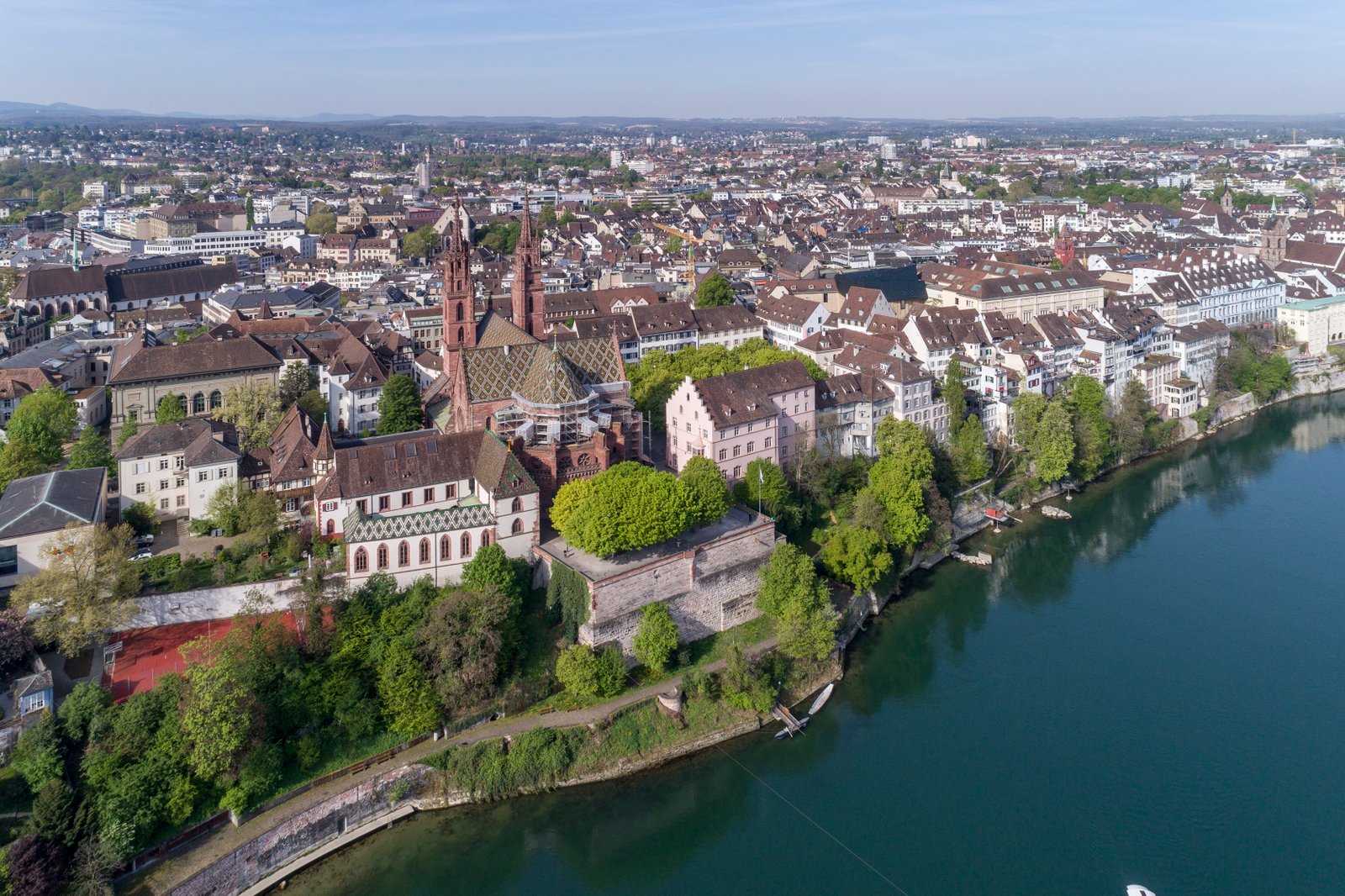
Credit: ©Basel Tourismus. According to a recent study by Mercer, Basel is ranked the world’s top 10 city to live.






